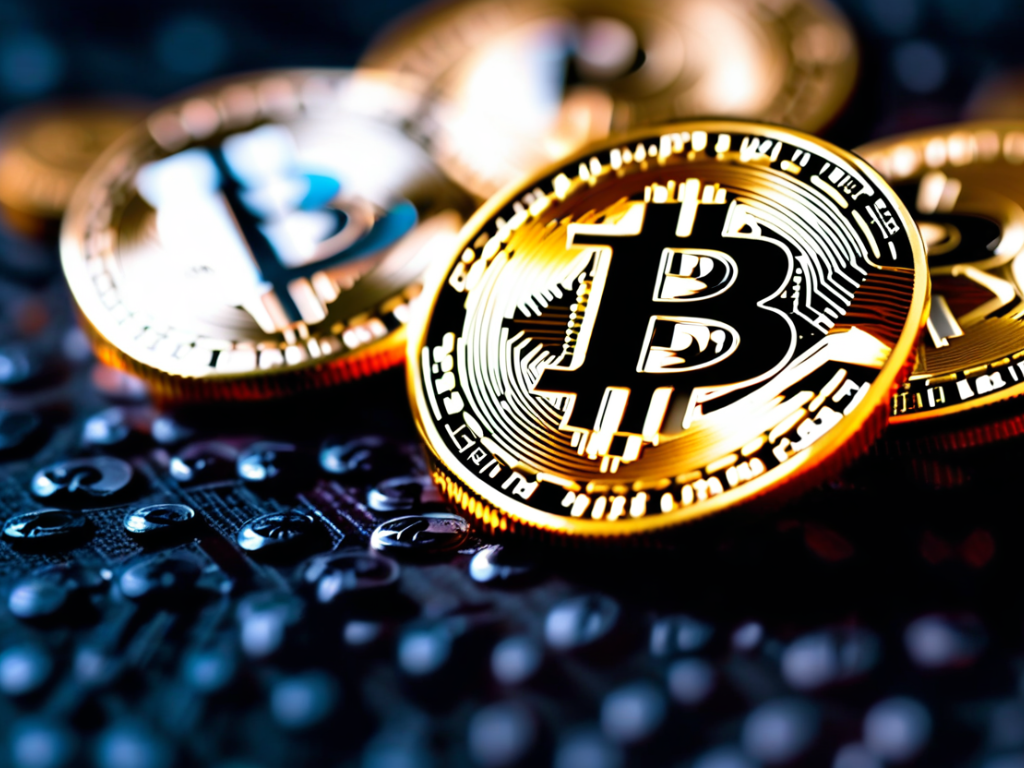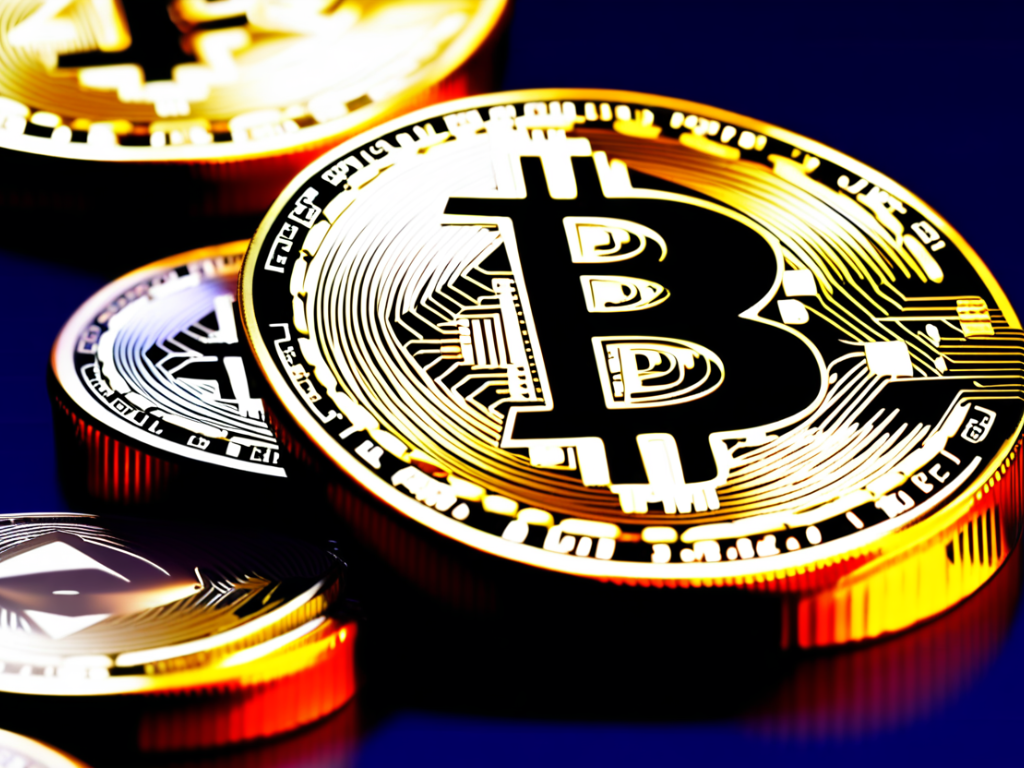In the fast-paced world of cryptocurrencies, one digital asset that has garnered significant attention, controversy, and potential is BitcoinSV (Satoshi Vision). As a descendant of the original Bitcoin blockchain, BitcoinSV has attracted a dedicated community of supporters, developers, and investors who believe in its vision of restoring Satoshi Nakamoto’s original protocol. However, beyond the technological advancements and philosophical debates surrounding BitcoinSV, one critical factor looms large in determining its long-term viability – regulation.
Regulation, often viewed with skepticism in the decentralized world of cryptocurrencies, plays a pivotal role in shaping the future of BitcoinSV. While some purists argue for complete autonomy and independence from governmental oversight, the reality is that regulation can provide the necessary framework for BitcoinSV to thrive sustainably in the mainstream financial ecosystem.
The regulatory landscape for cryptocurrencies, including BitcoinSV, is complex and constantly evolving. Governments around the world are grappling with how to classify and regulate digital assets, balancing the need to foster innovation with consumer protection and financial stability. The varying approaches to crypto regulation, from outright bans to embracing and integrating digital currencies into existing financial systems, have a direct impact on the long-term viability of BitcoinSV.
For BitcoinSV to achieve mainstream adoption and long-term sustainability, it must navigate the regulatory waters adeptly. Clear and consistent regulations can provide legitimacy and trust in the eyes of institutional investors, businesses, and the general public. Regulatory clarity can also help mitigate the risks of fraud, money laundering, and illicit activities often associated with cryptocurrencies.
One need only look at the impact of regulatory actions on other cryptocurrencies to understand the potential consequences for BitcoinSV. For instance, when regulatory crackdowns occurred in China and South Korea, the prices of various cryptocurrencies, including BitcoinSV, experienced significant volatility. Regulatory uncertainty can hinder innovation, investment, and adoption, ultimately stalling the growth and development of BitcoinSV.

On the flip side, proactive and progressive regulation can create a conducive environment for BitcoinSV to thrive. Countries like Switzerland, Malta, and Singapore have embraced cryptocurrencies, providing clear regulatory frameworks that encourage innovation while protecting consumers and investors. Such favorable regulatory environments have attracted blockchain startups, exchanges, and other crypto-related businesses, contributing to the growth of the overall digital asset ecosystem.
In the United States, ongoing discussions about crypto regulations, particularly in the context of securities laws and taxation, have significant implications for BitcoinSV. Clarity on the legal status of cryptocurrencies, including BitcoinSV, can provide the much-needed certainty for businesses to operate, investors to participate, and developers to innovate within the ecosystem.
While navigating the regulatory landscape poses challenges, it also presents opportunities for BitcoinSV to carve out its niche and distinguish itself from other cryptocurrencies. By proactively engaging with regulators, policymakers, and industry stakeholders, the BitcoinSV community can shape regulations that are tailored to the unique characteristics of the digital asset, fostering growth and adoption in a compliant and responsible manner.
Ultimately, the long-term viability of BitcoinSV hinges not only on technological innovation and community support but also on how effectively it addresses regulatory considerations. Striking the right balance between innovation and compliance will be crucial in ensuring that BitcoinSV remains relevant, resilient, and sustainable in an increasingly regulated world.
As the cryptocurrency ecosystem continues to evolve, the journey ahead for BitcoinSV is rife with challenges and opportunities. By recognizing the importance of regulation in shaping its future, BitcoinSV can position itself as a viable and resilient digital asset with the potential to transform the global financial landscape. Embracing regulatory clarity and compliance may well be the key to unlocking BitcoinSV’s full potential and paving the way for a new era of decentralized finance.
In conclusion, the path to long-term viability for BitcoinSV is not just about technological prowess or community fervor; it is about navigating the regulatory terrain with wisdom and foresight. Embracing regulation as a catalyst for growth and legitimacy, BitcoinSV can transcend the barriers of skepticism and speculation, emerging as a robust and enduring presence in the ever-evolving world of cryptocurrencies. The future of BitcoinSV lies not just in its code but in its ability to adapt, comply, and thrive in a regulatory environment that seeks to balance innovation with stability, integrity with inclusivity.


